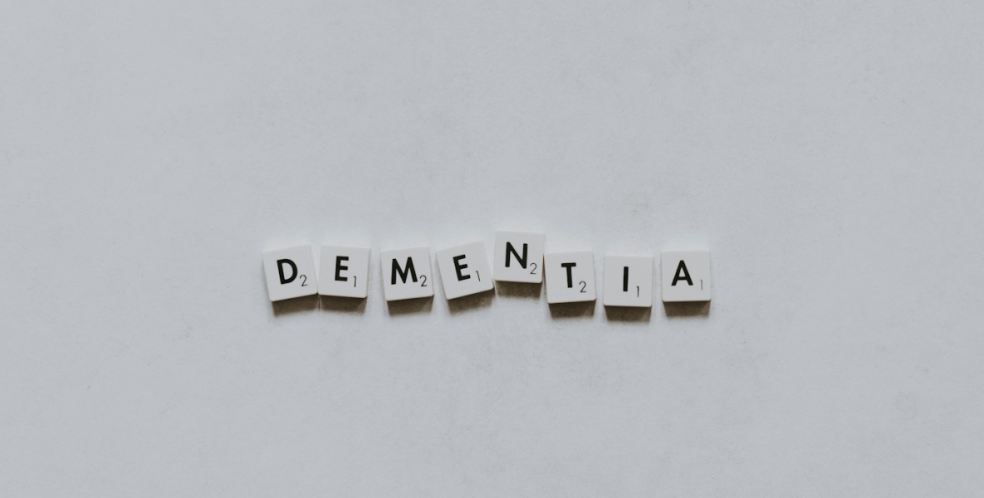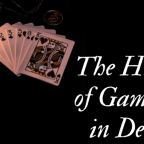
One in two adults in the South West don’t know one of the most common symptoms of dementia
This Dementia Action Week (19-24 May) Alzheimer’s Society is shining a light on the six most common symptoms of dementia and encouraging people to seek help if they spot these signs in themselves or a loved one.
Over 101,500 people are living with dementia in the South West of England and a third of them do not have a diagnosis. Yet, new research by the charity reveals that one in two adults in the South West do not know that problems with vision changes can sometimes be a symptom of dementia – and one in ten could not name a single common symptom of dementia.
Dementia can affect vision in different ways, including problems judging distances (such as on stairs), perceiving the edges of objects, or misinterpreting patterns or reflections. It can also make reading large text more difficult, or cause issues with recognising objects.
The survey also found that across the UK less than two-thirds of respondents identified that problems with communication (61%) or mood changes (64%) were symptoms of dementia.
John Hyde, 68, was diagnosed with Frontotemporal Dementia when he was 59. He now shares his experiences of living with dementia and educates others through his YouTube videos and regular visits to schools in Bristol, to teach children about his condition. He's said:
"It took two years for me to receive a dementia diagnosis, but it changed everything for me. It helped me understand what was happening and allowed me to access the support I needed to keep living my life.
"Every person living with dementia deserves to be seen, heard and helped. I'm incredibly passionate about raising awareness. It's given me a new purpose to help educate people and show them that life doesn't stop after a dementia diagnosis.
"The more we talk about it, the more we can break down fear and stigma around dementia and show you can still live a fulfilled life with a diagnosis."
Corinne Mills, Interim CEO of Alzheimer’s Society said: "This Dementia Action Week, we’re highlighting the six most common symptoms of dementia and encouraging anyone with concerns to use our free symptom checklist and seek help from their GP or other health professional."
“More than a third of people with dementia don’t have a diagnosis, meaning they’re missing out on the vital care, support, and treatment they need. But it doesn’t have to be this way. We understand that getting a diagnosis can be daunting, but we believe it’s better to know.”
“Our research shows that 97% of people affected by dementia saw a benefit in getting a diagnosis. An early and accurate diagnosis helps people to live independently for longer, access existing treatments, and can prevent crisis situations. It also allows people to better understand their condition and plan for their future.”
Dementia is not a natural part of ageing. The six most common symptoms of dementia include:
- Memory loss – problems recalling things that happened recently
- Difficulty organising thoughts – struggling to make decisions, solve problems or follow steps
- Problems with communication – difficulties following conversations or struggling to find the right words
- Problems with vision – problems judging distances or perceiving object edges
- Getting confused about time or place – losing track of the time or date, or becoming confused about where they are
- Changes in mood or personality – becoming unusually anxious, irritable, or withdrawn
Finding the reason for any changes can help those living with dementia get the right information, treatment, and support. It can also help people and those around them to understand the changes they are experiencing and maximise the time spent with loved ones. It also allows people to plan by putting in place lasting power of attorney, exploring care options, managing finances, and accessing any benefits they may be entitled to.
If you’re worried about yourself, or someone close to you, then check your symptoms today. Visit alzheimers.org.uk/checklistor call Alzheimer’s Society’s Dementia Support Line on 0333 150 3456.











